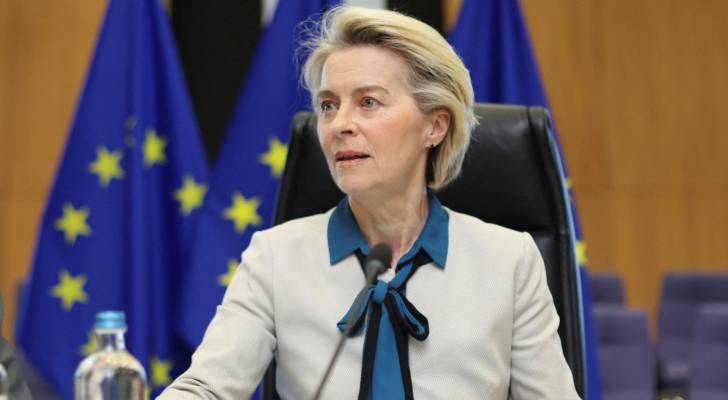European Commission President Ursula Von der Leyen (Credit: AFP)
‘Pfizergate:' EU court orders release of Ursula von der Leyen’s COVID vaccine deal texts
The European Commission has been found to have acted improperly in refusing to release text messages between its President, Ursula von der Leyen, and Pfizer CEO Albert Bourla during the height of the COVID-19 pandemic, a ruling by an EU court has confirmed.
The texts, exchanged ahead of a significant vaccine deal between Pfizer and the EU, were requested by reporters seeking greater insight into the behind-the-scenes negotiations. The court’s ruling has serious implications for transparency and accountability within the European Union and deals a significant blow to von der Leyen’s reputation, which has already been scrutinized over the deal.
The case has been hailed as a victory for transparency. "This is a slam dunk for transparency," said Dutch Member of the European Parliament, Raquel García Hermida-van der Walle. "People just want and are allowed to know how decisions are made; it is essential in a democracy. Even if it was done over a text message."
The EU's General Court ruled that the Commission failed to provide adequate reasoning for why the text messages, exchanged in relation to the COVID-19 vaccine procurement, should not be classified as important documents. The court insisted that these texts, which could contain crucial information about EU decision-making, should be retained for public access.
The core issue in the case revolved around whether text messages should be considered official documents and, therefore, subject to public release under transparency laws. While advocates for open government argue that such messages should be treated like any other form of communication relating to policy decisions, the Commission initially argued that the texts were not official documents and therefore should not be made public.
Following the ruling, the Commission released a statement saying, “Transparency has always been of paramount importance for the Commission and President von der Leyen. We will continue to strictly abide by the solid legal framework in place to enforce our obligations,” adding that it would consider its next steps in light of the decision.
The existence of the text messages, which had not been initially confirmed by the Commission, was first disclosed in a 2021 interview von der Leyen gave to The New York Times. However, the EU executive initially claimed that the contents of the messages were not significant enough to be classified as documents. In court, the Commission also argued that the messages were not registered, and therefore not eligible for release to the public.
The court emphasized that the Commission could not simply deny the existence of the requested documents but must provide clear and credible explanations for why they could not be made available. “The Commission cannot merely state that it does not hold the requested documents but must provide credible explanations enabling the public and the Court to understand why those documents cannot be found,” the court stated.
The ruling represents a significant political setback for von der Leyen, who is not only responsible for overseeing the EU’s largest vaccine contract but also heads the very institution responsible for upholding transparency and accountability within the EU. This decision provides political ammunition to her critics, especially in the wake of her public pledges to maintain high standards of transparency and probity in her second term.
The case was initiated by The New York Times and its former Brussels bureau chief, who challenged the Commission’s refusal to release the text messages in 2022. The messages, revealed in an April 2021 interview with Bourla, were described as helping build “deep trust” and enabling the negotiation of the massive vaccine deal.
The contract, finalized in May 2021, saw the EU commit to purchasing up to 1.8 billion doses of the Pfizer-BioNTech Covid-19 vaccine, making it by far the largest of all vaccine deals negotiated by Brussels.




